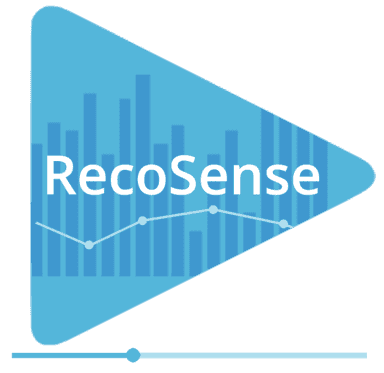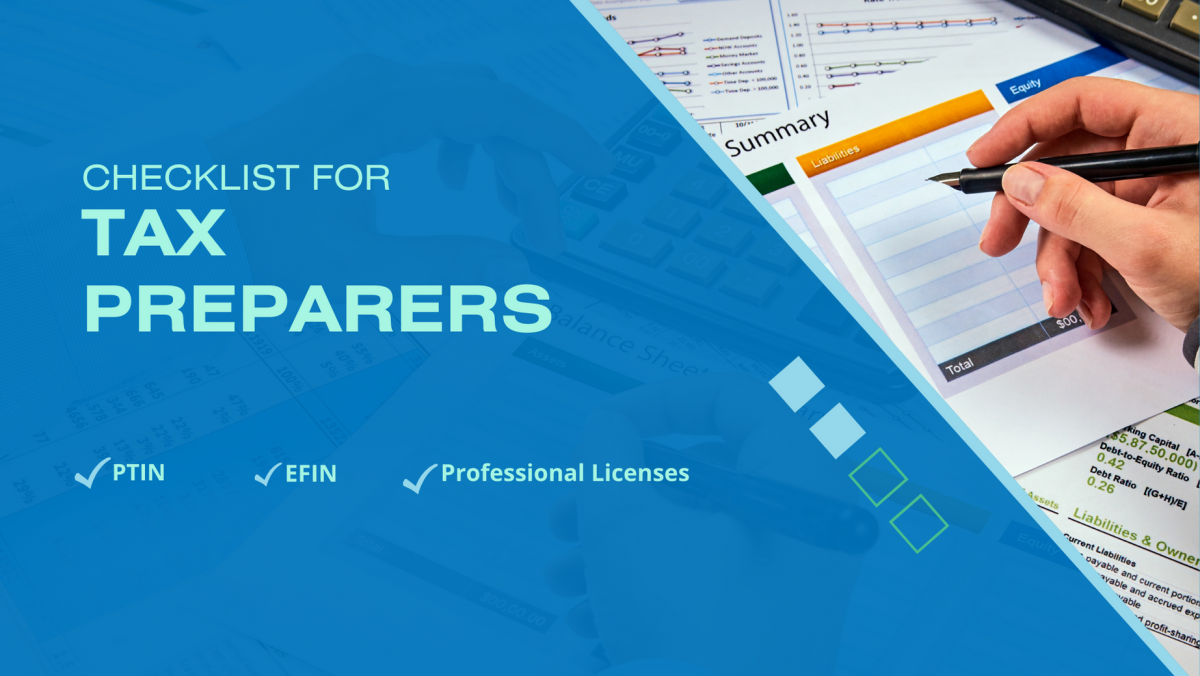Are you feeling overwhelmed by the constant changes during tax season? You're not alone. With regulations shifting like quicksand, CPAs often find themselves in a whirlwind of complexity.
But fear not.
Amidst this chaos, one thing remains crucial: consistency and accuracy. That's why we've crafted a comprehensive guide to streamline your tax preparation journey for 2024. From gathering client data to ensuring confidentiality, this guide has got you covered every step of the way.
Personal Information, Accuracy, and Confidentiality
Let's dive into the essentials: personal information—the backbone of tax preparation. Your clients entrust you with their personal data, and ensuring accuracy is vital for adhering to tax laws and upholding the integrity of your service. Even minor inaccuracies could trigger penalties from the IRS and undermine the trust your clients have in you.
To maintain accuracy, effective communication, and secure data handling are paramount. Openly discussing the importance of precise personal information with your clients fosters mutual understanding and trust. This encourages clients to provide accurate details, strengthening your professional rapport with them. Moreover, implementing stringent security measures like encrypted communication channels and restricted access to sensitive data safeguards your clients' information from unauthorized access.
You exhibit professionalism and integrity in tax preparation by emphasizing accuracy and confidentiality. This protects your clients' interests and bolsters their confidence in your services.
Protecting Taxpayers Confidentiality
Now, let's focus on safeguarding the valuable client information you've gathered. It's akin to protecting the crown jewels—except, in this case, it's your clients' sensitive data.
So, how do you ensure its safety? It starts by fortifying your security measures. This means bolstering your data storage with top-of-the-line encryption and secure servers. With these precautions in place, even if someone attempts to breach your systems, deciphering the data without the proper access is next to impossible.
But remember, security isn't solely about technology; it's also about people. Ensuring every team member comprehends the significance of maintaining client confidentiality is crucial. Comprehensive training on data security raises awareness about potential threats and equips your team to handle them adeptly.
Additionally, implementing access controls establishes clear guidelines on who can access what, reducing the risk of unauthorized access. It's akin to having vigilant bouncers at the door—only granting entry to those with the appropriate credentials.
You're not merely checking off boxes by prioritizing client confidentiality through these measures. You're demonstrating to your clients that their privacy is your topmost priority. This fosters trust and confidence—cornerstones of success in our profession.
Checklist of Required Documentation from Clients
Now, let's talk about the paperwork. From personal information to income documentation, there's a lot to gather from clients. But fear not—we've compiled a checklist to help you stay organized. It covers everything from Social Security numbers to income statements to tax notices.
| Category | Documentation required |
| Personal Information | - Full legal name - Social Security number (SSN) - Taxpayer Identification Number (TIN) - Date of birth - Current address - Previous address, if applicable - Phone number - Email address |
| Income | - W-2 forms for salary, wages, and/or tips - 1099 forms for corresponding types of income (e.g., self-employment, rental, investment income) - Schedule K-1 form for partnership, LLC, or S corporation - Unemployment compensation statements, if applicable - Statements for Social Security benefits - Retirement account distributions (e.g., Forms 1099-R) - Any documentation of other sources of income (e.g., alimony, rental income, royalties) |
| Credits and Deductions | - Itemized deduction documentation (e.g., mortgage interest, property taxes, medical expenses, charitable contributions) - Records of business expenses if self-employed - Education-related expenses and student loan interest - Childcare expenses, if applicable - Information regarding health insurance coverage (e.g., Forms 1095-A, 1095-B, 1095-C) - Eligible tax credit information (e.g., child tax credit, earned income tax credit) |
| Additional Information | - Bank routing and account numbers for direct deposit or withdrawals - Previous year’s tax return - Tax notices or related correspondence - Any documentation related to significant life events (e.g., marriage, divorce, birth, adoption, home purchase, home sale) |
While expansive, this list is not exhaustive and may vary based on individual circumstances. However, by utilizing this checklist and maintaining clear communication with your clients, you can ensure you have all the necessary information to prepare accurate tax returns.
Checklist of Required Documentation from Tax Preparers
As a tax preparer, it's not just about gathering client information—you must also provide specific documentation. Use the checklist below to ensure you have all the necessary documentation ready for tax season:
| Documentation Required | What it is |
| Preparer Tax Identification Number (PTIN) | The PTIN is issued by the IRS and is required for all tax preparers. It must be included on each return to meet IRS regulations. |
| Professional Licenses | Many tax preparers hold professional licenses such as Enrolled Agent (EA) or Certified Public Accountant (CPA), demonstrating expertise and competency. |
| Electronic Filing Identification Number (EFIN) | The EFIN, issued by the IRS, enables tax professionals to submit returns electronically in a secure format. It must be entered accurately for compliance. |
In addition to these primary documents, tax preparers must meet certification and training requirements to remain compliant and relevant. Stay informed about Continuing Professional Education (CPE) requirements and any updates to certification regulations to ensure you're providing excellent service to your clients.
Wrapping It Up
Tax preparation may seem daunting, but with the right tools and resources, you can master it. By prioritizing accuracy, protecting client confidentiality, and staying organized with checklists, you can streamline tax preparation and provide top-notch service to your clients. So go ahead and tackle tax season with confidence.
Do you wish to streamline your tax preparation process and quickly analyze the documents? Check out Qsense. It helps automate your tax preparation workflows and document extraction for you. Have questions or need further assistance? Reach out to our team—we're here to help you succeed!

